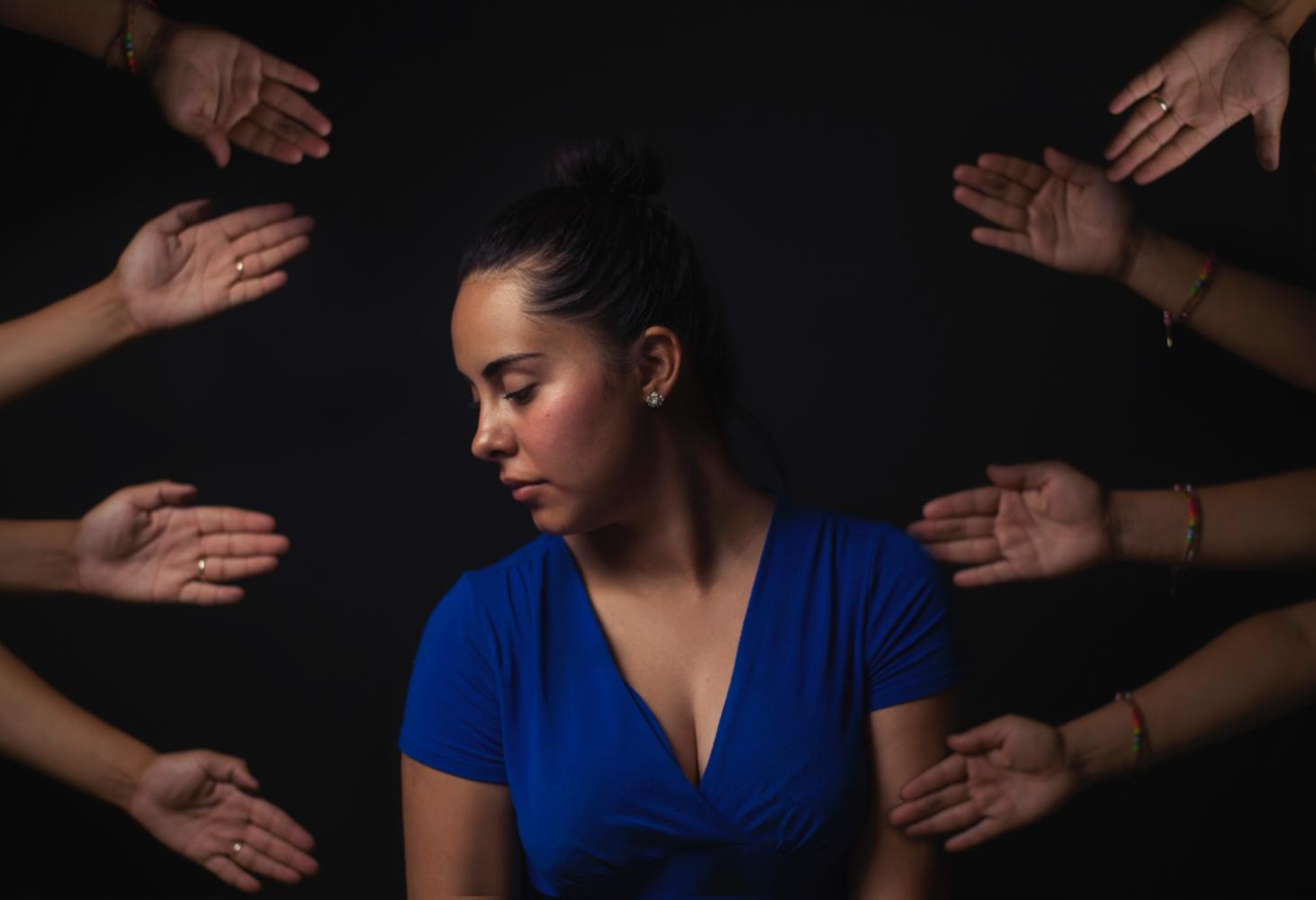How You Can Help Support the Nation’s Most Vital Causes
August 15, 2017
In the years and generations ahead, the world is bound to face many challenges and tests. For many, it is a call to action, whether to protect the environment or to create safe working conditions in third world countries. Today, there are many organizations that work to build a better future. Below are 3 national issues, and how you can get started today to help.

- Hunger
To many students, hunger is an everyday battle. Many students rely on reduced student breakfast and lunch as their only meals, facing a silent struggles in their classrooms. Low income households are increasingly food insecure, meaning that fresh, nutritious foods are unattainable and out of reach. Moreover, seniors face hardship after working for years and still, relying on modest Social Security checks for survival.
According to the Food Bank of Contra Costa and Solano, “An alarming 1 in 8 people within Contra Costa and Solano counties turn to the Food Bank for emergency and supplemental food.”
How you can help:
Volunteer: Often times, the best method to help is contribute your time and labor. Volunteers at food banks work to pack goods and prepare them for distribution. In addition, volunteers can spend their time conducting hunger study interviews and distributing food at program sites. according to the Food Bank of Contra Costa and Solano, “Youth between the ages of 11 and 15 are welcome to volunteer when accompanied by an adult leader.” If you are interested, visit volunteer.foodbankccs.org for more information.
Donate Food: Food is needed year-around, much more than the several weeks that the Thanksgiving can drives are open. Fresh produce, both bought in stores or home grown are accepted by local food banks. When donating food, make choices with more nutrients. For example, select: vegetables canned without added salt.
Raise Money to Donate: Food banks accept a large variety of donations. The Food Bank accepts vehicle donations and if you ride using the BART system, you can donate the unused portion of your BART tickets to the Food Bank. You can also host donation drives or give in the memorial of a loved one.
Advocate: Public policy has an important effect on the resources that food banks and pantries are able to distribute. Taking action and organizing to pass legislation and public policies support food banks make sure that access to food is affordable, and healthy.

Homelessness
The homeless people in our cities, states, and countries, when asked, often feel invisible— often ignored by everyone around them. The range of homelessness is not constricted to one race, gender, or age; from veterans to abandoned LGBT youth, homelessness is a massive social crisis in the US.
According to endhomelessness.org, “On a single night in January 2015, 564,708 people were experiencing homelessness—meaning they were sleeping outside or in an emergency shelter or transitional housing program.”
How you can help:
Learn: There are a variety of reasons why a person may become homeless: domestic abuse, lack of affordable housing, illness, substance abuse, and etc. The first step you make towards helping the homeless includes understanding how they became homeless in the first place.
Reach Out: Using your knowledge, follow local and city politics and speak up at city council meetings and local agencies on programs and support for the homeless. The National Coalition for the Homeless provides advocacy programs and supports public policy initiatives with the mission of ending homelessness and protecting homeless people’s rights.
Volunteer: Contact your local homeless shelters to find out what items are needed, then contact your organizations and schools to organize food drives or other fundraising events to pull those items together. Furthermore, you can reach out to transitional housing programs such as Community Action North Bay and the Heather House to help.

Health and Infectious Diseases
Billions of people across the world are at risk for contracting life threatening diseases, which impact the world’s poorest regions. Millions die from preventable and treatable diseases such as malaria and HIV/AIDS. Every year, 200 million people become infected with malaria and of those cases, the disease will prove fatal for almost 450,000 people.
According to www.againstmalaria.com, “70% of these deaths are of children under 5 years old, making malaria one of the leading causes of child mortality in Africa.”
The Bill and Melinda Gates Foundation states: “Nearly 37 million people around the globe are living with human immunodeficiency virus (HIV), and nearly as many people have died from HIV-related complications since the earliest cases were detected in the 1980s.”
How you can help:
Start a Fundraiser: If you are unsure of how to begin helping such a broad cause, finding a foundation or non-profit organization may be the easiest way to support a cause. Find creative ways to raise money for foundations such as Nothing but Nets, which works with the UN to provides mosquito bed nets for communities in sub-Saharan Africa. The International Aids/HIV alliance is an organization that creates educational programs and creates community action to raise education and awareness of HIV/AIDS in the world.
Raise your voice: In the words of Nothing but Nets, “The U.S. government is the largest contributor to programs that combat malaria through its support for The Global Fund to Fight AIDS, Tuberculosis and Malaria and the President’s Malaria Initiative, as well as the work of UN agencies like the World Health Organization, UNICEF and UNHCR. Our government is a leader in malaria prevention in part because of the efforts of citizens like you who care enough to raise their voices on this important issue.” Interested members can contact Congress and their local representatives to work towards initiatives.
